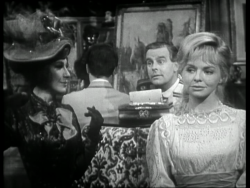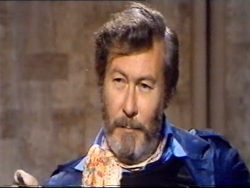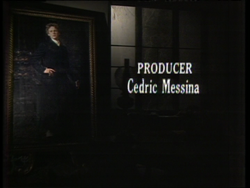by OLIVER WAKE

It occurred to me recently that with the obvious exception of Shakespeare, Oscar Wilde was surely British television’s most performed stage playwright. Perhaps unsurprisingly, the most-produced of his works has been his “trivial comedy for serious people”, The Importance of Being Earnest (1895). British television has staged this nine times (including heavily condensed versions) over the years, across three channels, in addition to mounting significant extracts at least three times. It is therefore surprising that, although the play has often been welcomed as a favourite, it has also been described as a play that is not “apt for television”. In this essay’s brief survey of versions of The Importance of Being Earnest, we will see why this claim was made and also get a sense of the shifting status of stage plays on television.


